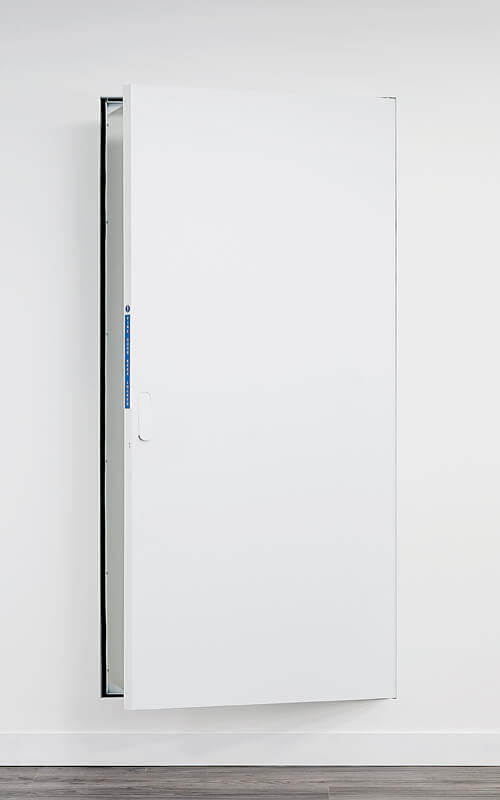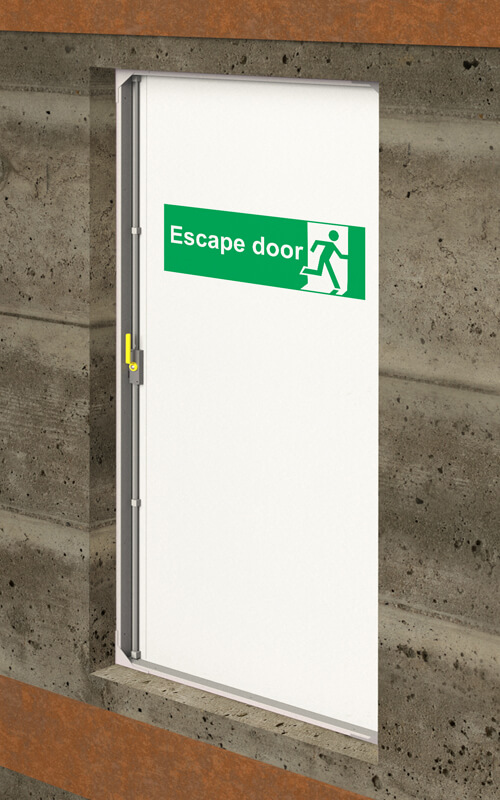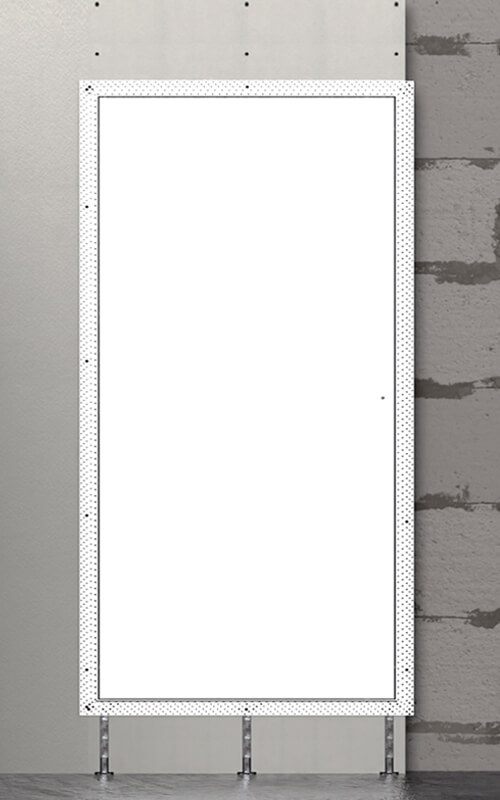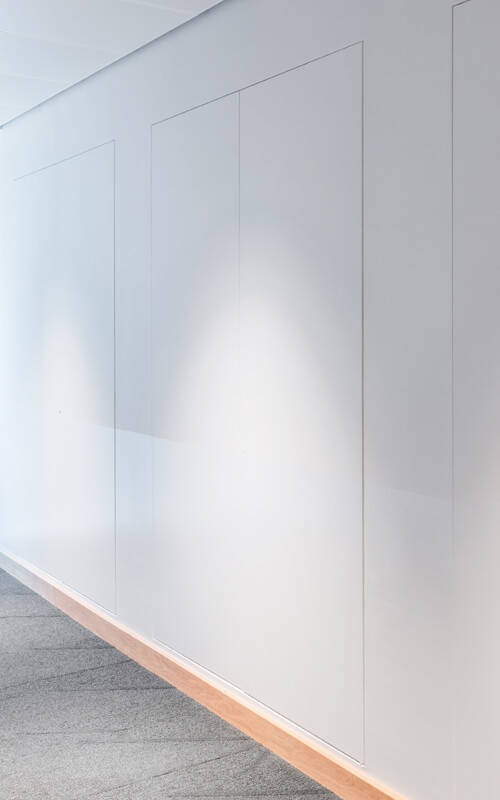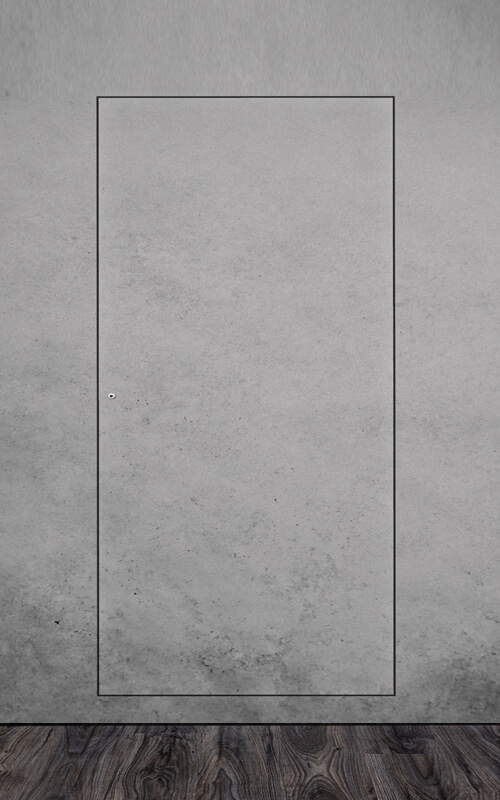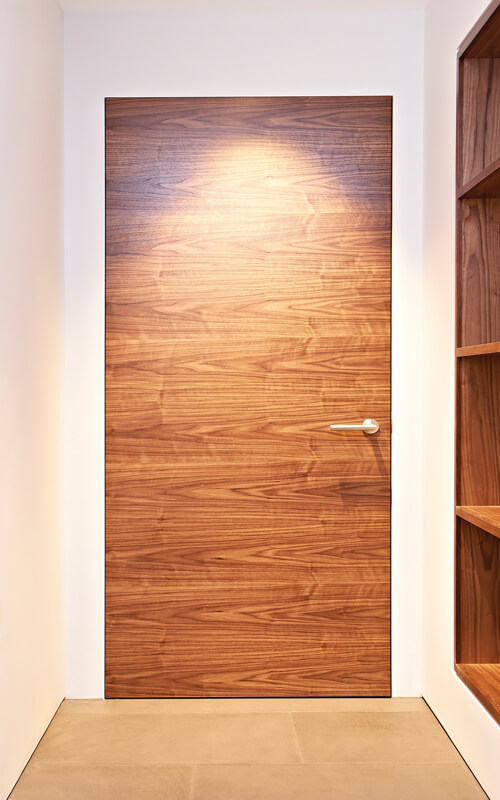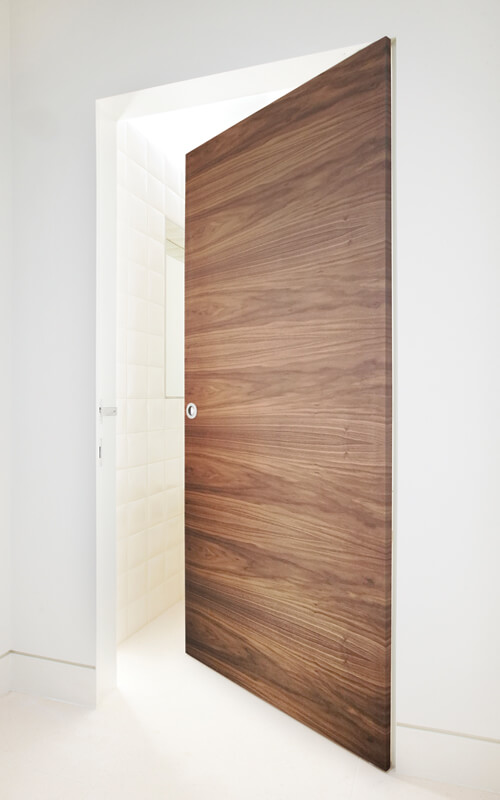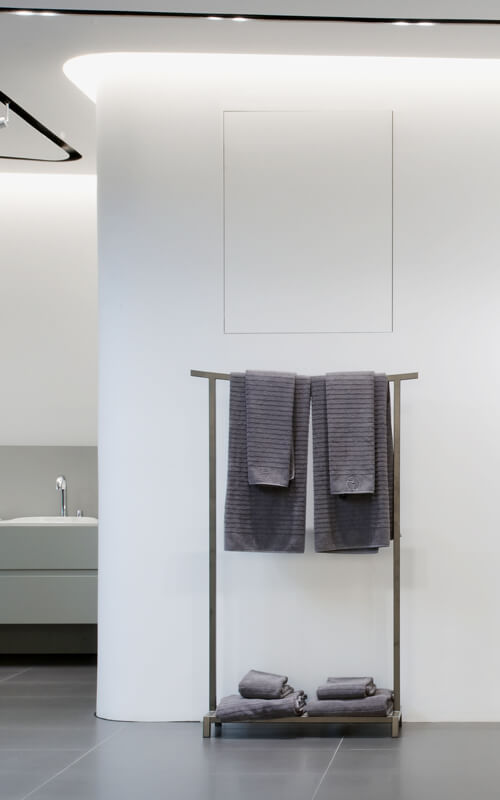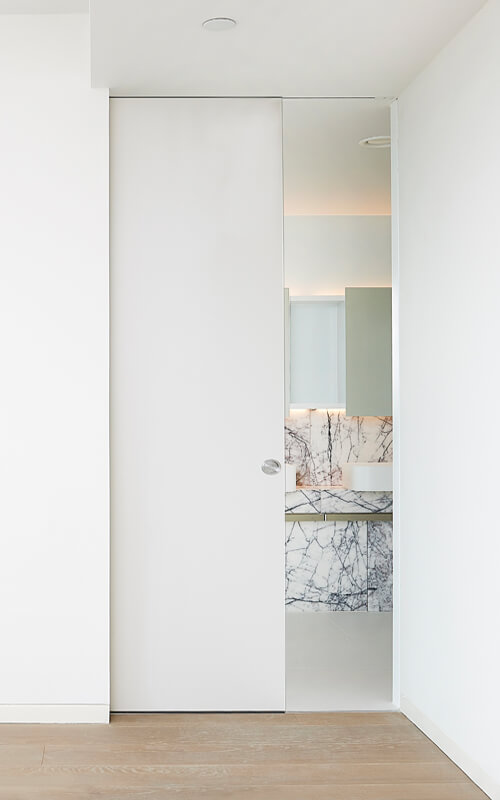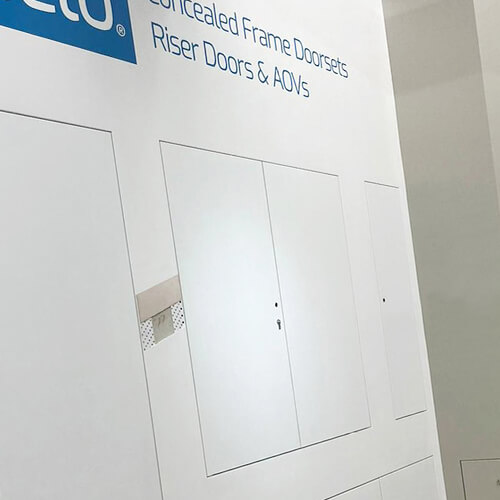
Statistics show that you are twice as likely to die from Hospital Acquired Infections (HAI) than in a car accident. People who have been hospitalised often have reduced immune systems, and are subsequently more at risk of picking up infections.
Some of the most common bacterial culprits for HAIs are Staphylococcus aureus (S. aureus), Escherichia coli (E. coli), Enterococci and Pseudomonas aeruginosa (P. aeruginosa).
Bacteria, which accounts for as much as 90% of HAIs, is often spread directly through person to person contact, but it is now recognised that the health care environment itself plays host to the kind of bacteria that can result in HAIs. Bacteria is ‘frequently shed by patients and staff, whereupon they contaminate surfaces for days and increase the risk of acquisition for other patients’. Health care workers can touch these infected surfaces, and potentially pass these on directly to vulnerable patients. Such bacteria thrives particularly in environments that aren’t regularly wiped down or disinfected, such as architraves and skirting boards.
To combat infections in the healthcare environment, it is of course paramount that all objects and individuals within the vicinity are as sanitised as is reasonably possible. When it comes to sanitising doors, there are a few options available which help to reduce the buildup of bacteria. Concealed frame doors, for example, eliminate the need for an architrave removing a potential habitat for dust to settle and bacteria to breed. These smooth, seamless doors which can be wiped down help to reduce the risk of bacteria breeding and infections spreading, but what they cannot do is actively fight the bacteria themselves.
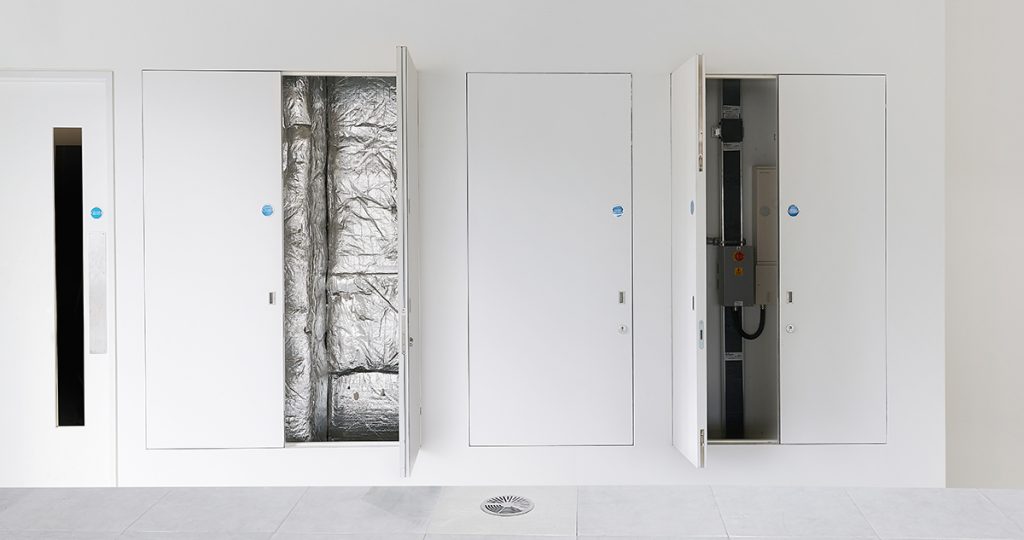
This is where the Quadra Door comes in. The Quadra Door can have a specially formulated antimicrobial coating which inhibits the growth of microorganisms. Antimicrobial coatings are designed precisely with HAIs in mind, with the goal of actively fighting the growth of bacteria. The fact that antimicrobial coatings actively combat bacteria reduces the risk of infections being spread in the healthcare environment. Laboratory tests using antimicrobial coatings technology have seen a 99.995% reduction in e. coli cells 24 hours after contact, a 99.5% reduction in Staphylococcus aureus cells and a 99.5% drop in MRSA cells in the same time frame. Doors such as the Quadra, therefore, which utilise this important technology, are the perfect solution particularly for the healthcare environment where individuals are at high risk of infection. This technology can also be employed effectively in other environments where bacteria breeds and infections are spread such as schools.
If you would like to learn more about using antimicrobial coating and the Quadra Door, then please don’t hesitate to get in contact with us at sales@selo-uk.com or call 020 3880 0339.


